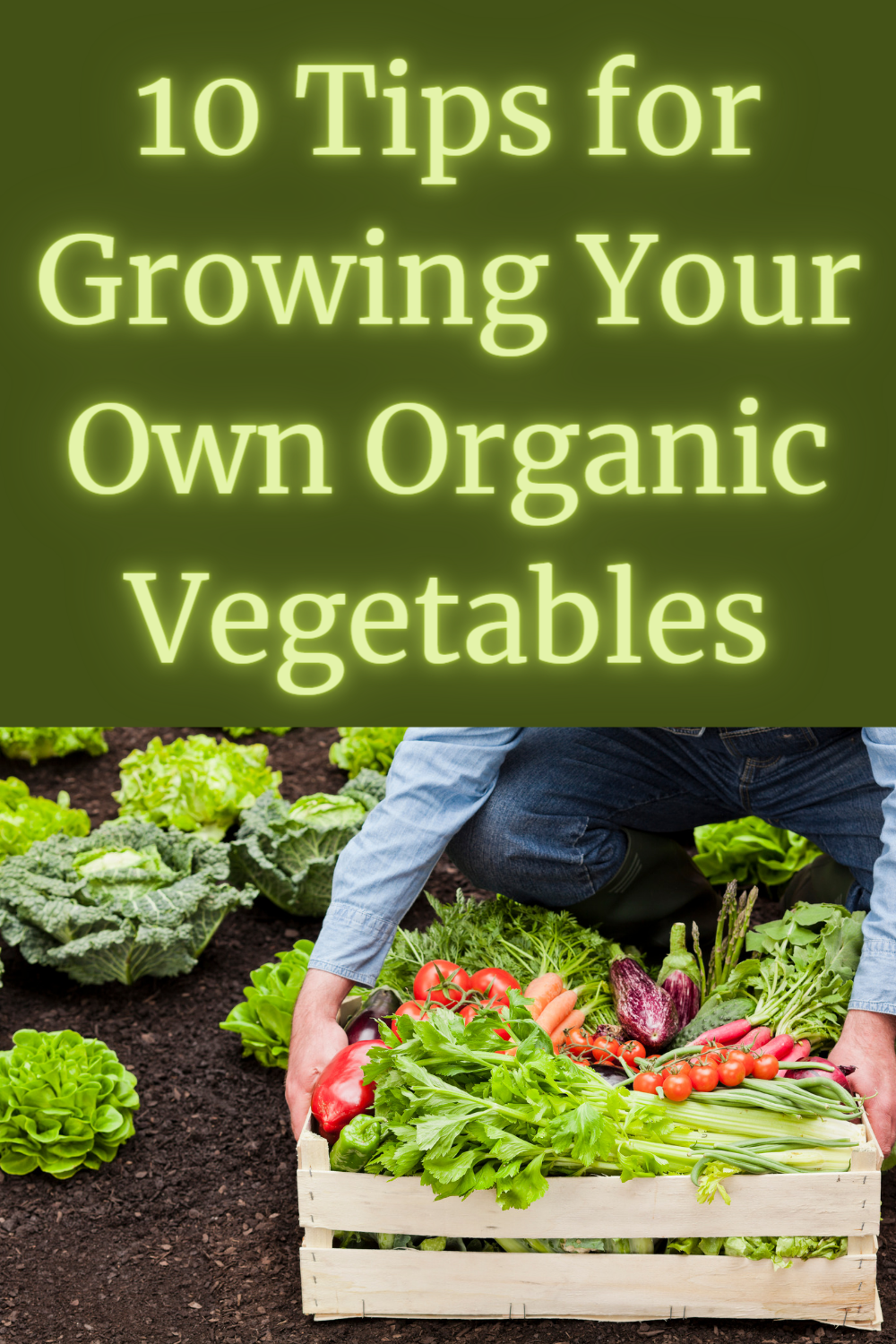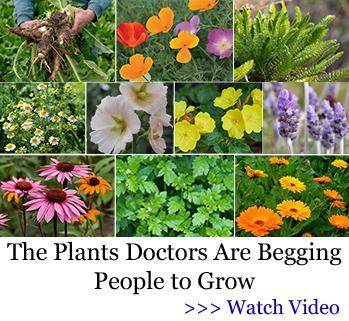10 Tips for Growing Your Own Organic Vegetables

10 Tips for Growing Your Own Organic Vegetables
Growing your own organic vegetables is a great way to save money, eat healthier, and reduce your environmental impact.
Organic vegetables are grown without the use of synthetic pesticides or fertilizers, which can be harmful to your health and the environment.
Growing your own organic vegetables is also a great way to get fresh air and exercise, and to connect with nature.
Here are 10 tips to help you get started on your organic vegetable garden:
- Choose the right location. Vegetables need full sun and well-drained soil. Choose a spot that receives at least 6 hours of sunlight a day and has well-draining soil. Consider the availability of water and access to the garden when choosing a location.
- Start with quality soil. Healthy soil is key to growing strong and healthy plants. Use compost, leaf mold, and organic matter to enrich the soil and create a nutrient-rich environment for your plants.
- Plan your garden layout. Before you start planting, plan the layout of your garden. Consider the size and growth patterns of each plant, and make sure they have enough space to grow and develop.
- Choose the right vegetables to grow. Select vegetables that thrive in your climate and have a high success rate in your area. This will save you time and frustration in the long run.
- Start with seeds or seedlings. Decide whether to start from seeds or seedlings. Seeds are more cost-effective but require more time and attention. Seedlings are easier to care for but can be more expensive.
- Water your plants properly. Watering your plants correctly is essential to their growth. Overwatering can lead to root rot, while under watering can stunt growth. Water deeply and infrequently, and aim to water the soil rather than the leaves.
- Use organic pest control methods. Pests and diseases can be a challenge for any gardener. Use organic pest control methods, such as companion planting, natural predators, and homemade remedies, to protect your plants without the use of harmful chemicals.
- Weed regularly. Weeding is essential to keep your garden healthy. Regular weeding prevents weeds from taking over and competing with your plants for nutrients and water.
- Harvest at the right time. Harvest your vegetables at the right time to get the most flavor and nutrition. Each vegetable has a different harvesting time, so do your research to determine the best time to pick.
- Practice crop rotation. Crop rotation is the practice of growing different vegetables in different areas of your garden each year. This helps to prevent soil-borne diseases and improve soil fertility.
Growing your own organic vegetables is a fun and rewarding way to enjoy fresh produce right from your backyard.
With these 10 tips, you'll be well on your way to a successful and bountiful harvest.
Here are some additional tips for growing your own organic vegetables:
- Start small. Don't try to grow too much too soon. Start with a few easy-to-grow vegetables, such as tomatoes, cucumbers, and beans.
- Do your research. Read books and articles about organic gardening, and talk to experienced gardeners in your area.
- Get involved in your community. There are many local organizations that can help you get started with organic gardening, such as community gardens, gardening clubs, and Master Gardener programs.
- Have fun! Growing your own organic vegetables is a great way to get outdoors, get exercise, and connect with nature.
I hope these tips help you get started on your own organic vegetable garden!
"Discover the healing power of nature with The Medicinal Garden Kit! 🌿🌸🌱 This all-in-one kit includes everything you need to grow your own medicinal garden, from seeds to instructions for planting, harvesting, and making salves and teas. 🌼🌿🍵🧴 Don't miss out on this opportunity to cultivate your own natural remedies and support your health and wellness. Watch the video to learn more and order your kit today! 🌻🌿🎥💻 WATCH the Video!!
